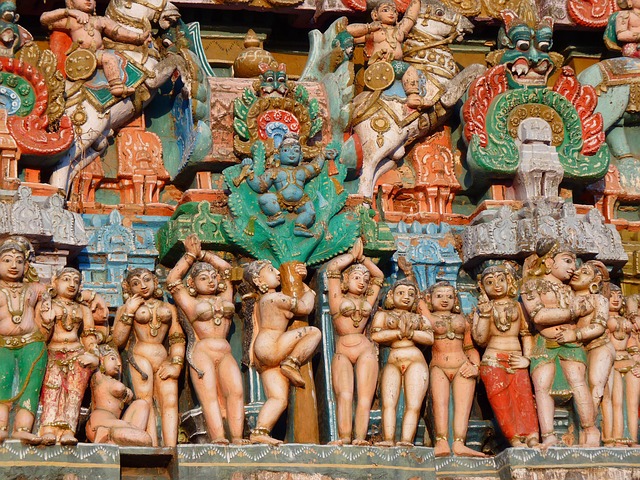Pluto, the enigmatic figure of ancient mythology, captivates our imaginations as the God of the Underworld. Often misunderstood, he represents not only death but also rebirth and transformation, embodying the duality of existence. In religion, particularly within the realms of Roman and Greek beliefs, Pluto’s influence lingers like a shadow—an ever-present reminder of the life cycle and the afterlife.
In Roman mythology, Pluto is equated with Hades from Greek lore, a powerful deity ruling over the underworld and the souls of the departed. His realm was not solely a place of torment but also one of refuge, where souls could find peace after the struggles of life. This dichotomy makes Pluto a poignant symbol, provoking deep reflection on our own fears and fascinations with the unknown. While many find the notion of death frightening, Pluto invites us to reconsider; he teaches that what is perceived as an end is often just a new beginning.
Religious texts and rituals often included offerings made to Pluto, acknowledging his role in guiding the dead and ensuring safe passage to the afterlife. People would seek his favor, hoping for protection during their journey, illustrating a profound respect for his powers. This relationship serves as a reminder of the interconnectedness of life and death, where Pluto acts as a bridge between the two realms.
The significance of Pluto extends beyond mere mythology; he embodies the cultural attitudes of ancient civilizations towards death and the afterlife. Temples and shrines were dedicated to him, as ancient peoples turned to him for solace and guidance. They recognized that understanding Pluto was fundamental to understanding the human experience—an acknowledgment that death is not an adversary but an inevitable part of the journey.
Furthermore, the symbolism associated with Pluto permeates various religious practices. In many cultures, the underworld is seen as a place of purification, where souls are prepared for their next journey. Pluto’s role within this context highlights the importance of acceptance and reverence towards the cycles of life. His existence encourages modern audiences to engage in discussions about life, death, and what it means to truly live.
As we delve deeper into the lore surrounding Pluto, we uncover stories that resonate with our struggles, our fears, and our hopes. The profound nature of his character challenges us to confront our perceptions of mortality and the afterlife. Far from being merely a ruthless deity, Pluto emerges as a teacher, guiding us through the shadows and illuminating the paths of our existence.
In today’s world, where discussions surrounding religion often shy away from the topics of death and the afterlife, Pluto beckons us to embrace these realities with an open heart. By exploring the myths and rituals associated with him, we can learn to navigate our own journeys, acknowledging the beauty that can be found even in endings. Through the lens of Pluto, we discover the importance of honoring our ancestors and the memories that shape our lives—reminding us that, much like the cycles of nature, every ending gives rise to a new beginning.




